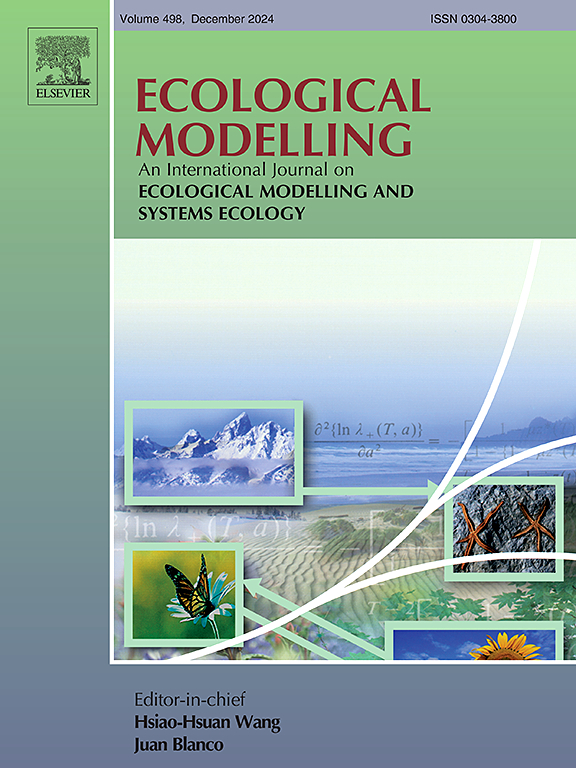从理论到应用:通过奥德姆启发的能源框架衡量莫桑比克的发展差距
IF 3.2
3区 环境科学与生态学
Q2 ECOLOGY
引用次数: 0
摘要
本研究在Howard T. Odum的系统生态学和能量理论的基础上提出了一个评估发展差异的综合框架。借鉴五部门可持续发展(5SEnSU)模型,该框架通过系统和积极的视角捕捉绩效的经济、环境和社会维度。本文以莫桑比克及其在南部非洲发展共同体(SADC)内外的贸易关系为例,介绍了IDEAS指数(综合发展能源调整得分)。该指数以单位能源GDP、人均GDP、劳动人均GDP、二氧化碳排放人均GDP、贫困人口人均GDP等5个指标为基础。2014年的结果显示出明显的结构性差异,与发达国家相比,莫桑比克表现最差(IDEAS = 0.076),差距比超过12。通过嵌入Odum的能量层次、反馈和自组织原则,提出的框架为诊断系统失衡和指导生态知情的发展战略提供了一个强大的工具。这一贡献旨在将Odum的遗产应用于国际可持续性评估,并为传统的以经济为中心的指标提供更连贯的替代方案。本文章由计算机程序翻译,如有差异,请以英文原文为准。
From theory to application: measuring development disparities in Mozambique through an Odum-inspired emergy framework
This study proposes an integrative framework for assessing development disparities grounded in Howard T. Odum’s systems ecology and emergy theory. Drawing upon the Five Sector Sustainability (5SEnSU) model, the framework captures economic, environmental, and social dimensions of performance through a systemic and energetically grounded lens. Using Mozambique and its trade relationships within and beyond the Southern African Development Community (SADC) as a case study, the IDEAS index (Integrated Development Emergy Adjusted Score) is introduced. It is based on five normalized indicators: GDP per unit of emergy, GDP per capita, GDP per workforce, GDP per CO₂ emissions, and GDP per population below the poverty line. Results for 2014 reveal pronounced structural disparities, with Mozambique exhibiting one of the lowest performances (IDEAS = 0.076) and disparity ratios exceeding 12 in comparison to developed countries. By embedding Odum’s principles of energy hierarchy, feedback, and self-organization, the proposed framework offers a robust tool for diagnosing systemic imbalances and guiding ecologically informed development strategies. This contribution aims to operationalize Odum’s legacy within international sustainability assessments and offers a more coherent alternative to conventional economically centered metrics.
求助全文
通过发布文献求助,成功后即可免费获取论文全文。
去求助
来源期刊

Ecological Modelling
环境科学-生态学
CiteScore
5.60
自引率
6.50%
发文量
259
审稿时长
69 days
期刊介绍:
The journal is concerned with the use of mathematical models and systems analysis for the description of ecological processes and for the sustainable management of resources. Human activity and well-being are dependent on and integrated with the functioning of ecosystems and the services they provide. We aim to understand these basic ecosystem functions using mathematical and conceptual modelling, systems analysis, thermodynamics, computer simulations, and ecological theory. This leads to a preference for process-based models embedded in theory with explicit causative agents as opposed to strictly statistical or correlative descriptions. These modelling methods can be applied to a wide spectrum of issues ranging from basic ecology to human ecology to socio-ecological systems. The journal welcomes research articles, short communications, review articles, letters to the editor, book reviews, and other communications. The journal also supports the activities of the [International Society of Ecological Modelling (ISEM)](http://www.isemna.org/).
 求助内容:
求助内容: 应助结果提醒方式:
应助结果提醒方式:


